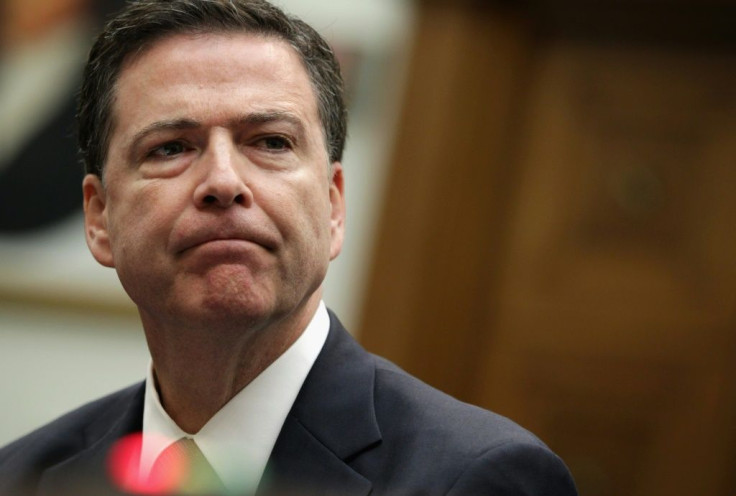Rare FISA Court Order Slams FBI Over Carter Page Surveillance

KEY POINTS
- The FISA court blasted the FBI for deliberately misleading it about Carter Page
- The FBI will now be required to demonstrate that its FISA warrants are legitimate
- This is a major victory for Trump, who has said that the FBI has treated his team unfairly
In a stunning turn of events, the top judge in the Foreign Intelligence Surveillance Court (FISC) issued an order condemning the Federal Bureau of Investigation for how it handled requests to place Carter Page under investigation and demands a review of FBI warrant requests.
A report released by the Department of Justice Inspector General Michael Horowitz last week revealed that while the FBI’s process of seeking permission to place members of Donald Trump’s 2016 campaign under surveillance was deeply flawed, it was justified in doing so.
Fast forward to this week, and it appears that the FISC – which played a key role in granting requests from the FBI, under the leadership of then-director James Comey, for Foreign Service Intelligence Act (FISA) warrants in 2016 – is alarmed about the FBI’s conduct and, as a result, has ordered the process placed under scrutiny.
That order, penned by Judge Rosemary Collyer, said that the FBI “provided false information” to the National Security Division and, by extension, mislead the FISC. It also said that the FBI deliberately “withheld material … detrimental to the FBI’s case” for placing Trump campaign foreign policy adviser Page under surveillance.
Collyer also wrote that FBI officials mislead their own agents so that they would testify under oath, incorrectly, that there was sufficient justification in believing Page was operating as an agent of Russia.
Beyond the strong lashing over the FBI’s actions in 2016, the FISC order will charge the FBI with demonstrating by Jan. 10 that they have satisfactorily changed their methods of requesting FISA warrants and that all current warrants past muster. The FBI may request an extension of this deadline, however, they will be required to provide sufficient explanation as to why it is needed.
Though not explicitly stated, the FISC order implies that if its demands are not met, the FBI will face significant roadblocks to acquiring FISA warrants in the future and may have existing warrants nullified.
This public rebuke of the FBI’s monitoring of Page can be seen as a victory for Trump and his supporters, as it further confirms the president’s repeatedly stated belief that the FBI operated improperly in 2016. Depending on the results of the FBI’s review of its FISA warrants, it may also lead credence to Trump’s claims that the FBI’s Robert Mueller-lead investigation into Russian interference was done improperly.
© Copyright IBTimes 2024. All rights reserved.






















